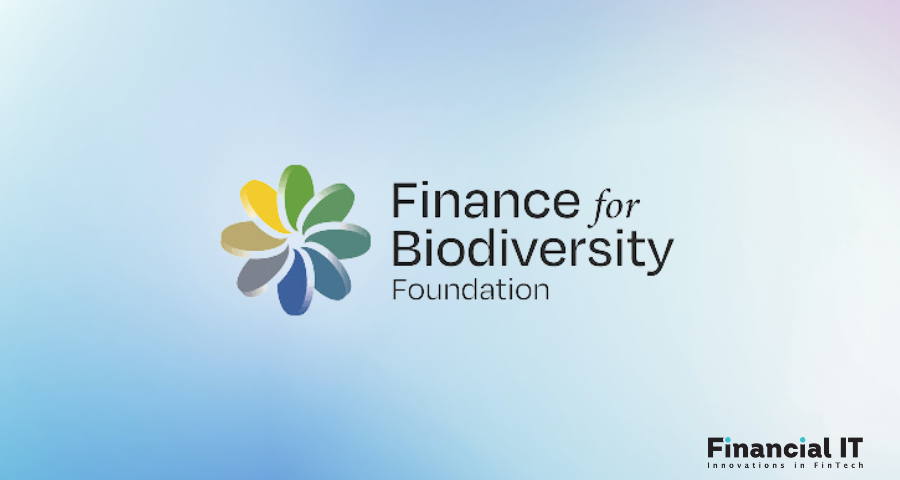Bringing the “G” to LAS: GLAS Signs Agreement to...
- 09.01.2026 01:55 pm
Diginex Limited Announces Signing of Definitive...
- 08.01.2026 02:35 pm
DTCC Executives’ 2025 Year in Review And 2026 Outlook
- 08.01.2026 02:15 pm
YouLend Reaches 370,000 Businesses Funded, Delivering...
- 08.01.2026 11:55 am
Cytora And Climatig Partner To Embed Science-Backed...
- 08.01.2026 11:35 am
Equifax Selected as Global Partner for Greek Credit...
- 08.01.2026 08:25 am
Banking Circle Joins Czech Fintech Association To...
- 08.01.2026 08:15 am
Ebury Becomes Official Supplier of Olympique de...
- 07.01.2026 01:50 pm
Finshape Accelerates Global Growth: New CEO Brings 25...
- 07.01.2026 12:15 pm
InterPolitan Money Announces Record Growth Across 2025
- 07.01.2026 11:55 am
Akur8 Acquires Matrisk, Bringing Powerful Filings...
- 07.01.2026 09:45 am
Encompass Launches Executive Advisory Board to Drive...
- 06.01.2026 12:20 pm






















